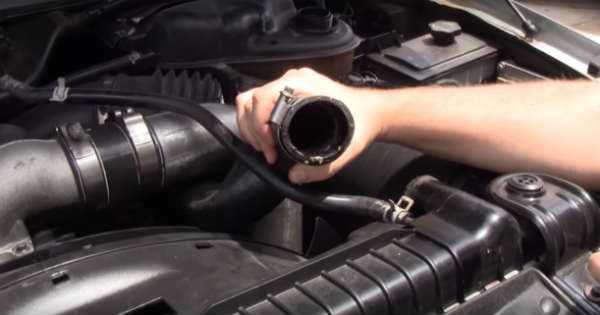Starting out in a vocation represents a strong way to build a long-lasting career in the UK – and becoming a mechanic could be one of the more lucrative ways to do so. If you have a passion for fixing cars, you could be earning up to £35k for the privilege – and learning a crucial skill in the process. But mechanics need tools, and you`ll need to kit yourself out with the right equipment to work on your clients` cars. What follow are four of the most indispensable tools in any mechanic`s arsenal. These are simple pieces of equipment that have near-universal applications, and can get you out of many tough spots that many specialized tools could not in your mechanic business.

Hammer
The humble hammer may not be the sharpest tool in the shed, but it is often the heaviest – something which can come in handy for mechanics at the most surprising of times. Hammers are commonly used for realigning metalwork, especially when it comes to working on a vehicle`s chassis. They can come in handy for loosening materials and budging broken panels in the event of work on a crashed car. There are also specific kinds of hammer that enable body specialists to reshape panels, and remove dents.
Lastly, there are sometimes problems that not even the most seasoned of engineers can suss, but which are handily solved with the application of a little `percussive maintenance`. That is to say, sometimes a good wallop from the right angle is all it takes to get a motor back up and running.
Wrenches
No mechanic`s toolbox is complete without an extensive set of spanners and wrenches. The vast majority of fixtures and fittings on a vehicle comprise hex nuts and bolts, requiring various sizes of spanner and socket to remove.
There are also power tools designed to remove nuts and bolts, which can become indispensable when it comes to removing tyres and wheels. The lug-nuts that hold the tyre in place are necessarily torqued highly, to ensure the wheel will not budge when in motion. As such, a cordless impact wrench can be a useful tool for removing tyres with ease – `hammering` the lug nuts loose, and torquing them back tight again when finished.
Extension Bar
An extension bar is a crucial companion to any set of wrenches and sockets. The extension bar slots on to the end of your hand tool, providing additional leverage and enabling the easier loosening of fixtures and fittings.
This is especially important for older vehicles, where nuts and bolts may have rusted into one another over time. Impact wrenches can strip the surface of the bolt, where a hand-wrench enables more control and a slower release. Extension bars allow for additional control, and remove the risk of injury from pushing too hard.

